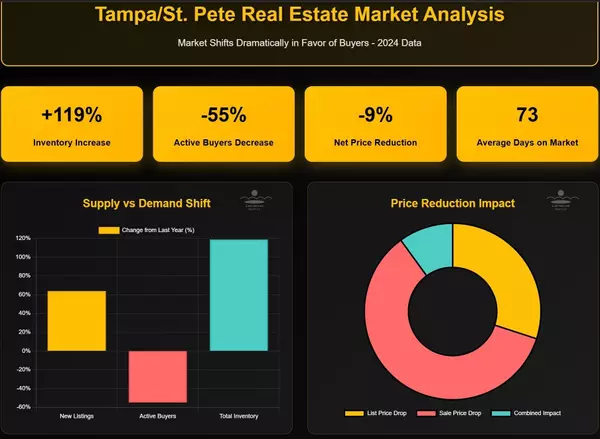
Ten Unique Things to St. Pete:
St. Petersburg, Florida is a city with a rich history and culture, as well as many unique features that set it apart from other cities. Here are ten things that are unique to St. Pete: The beaches: St. Pete is home to some of the most beautiful beaches in Florida, including St. Pete Beach and Treasu

Stop Refreshing Zillow! Let Us Search Instead:
Zillow is a popular online real estate platform that offers a vast database of homes for sale and rental properties. While Zillow can be a great resource for searching for a new home, it is not as effective as hiring an experienced real estate agent for several reasons. Limited information: Zillow p

What is a Seller's Market?
A seller's market is a market in which there are more buyers than there are homes for sale. This can happen in any real estate market, but it is most commonly seen in areas where population growth is strong and housing construction is not keeping pace. When there are more buyers than homes available
Categories
Recent Posts










